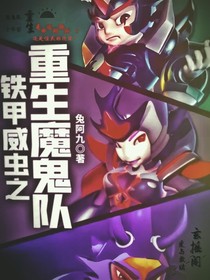33、代词知识点(2) (5-4)
第一句定语从句与the students 一致。
第二句定语从句与the one 一致。
anyone/no one/
1.anyone 和 any one
anyone仅指人,any one既可指人,也可指物。
2.no one 和none
a) none 后跟of短语,既可指人又可指物,而no one只单独使用,只指人。
b) none 作主语,谓语动词用单,复数均可,而no one作主语谓语动词只能是单数。
None of you could lift it. 你们中没有人可举起它。
---- Did any one call me up just now? --刚才有人打电话给我吗?
---- No one. --没有。
3.every 和each
1) every 强调全体的概念, each强调个体概念。
Every student in our school works hard. 我们学校的学生都很用功。
Each student may have one book.. 每个学生都可有一本书。
2) every 指三个以上的人或物(含三个),each指两个以上的人或物 (含两个)。
3) every 只作形容词,不可单独使用。each可作代词或形容词。
Every student has to take one.
Each boy has to take one.
Each of the boys has to take one.
4) every只用作定语,each既可用作定语,也可用作主语、宾语或同位语。
5) every 有反复重复的意思,如 every two weeks等; each没有。
6) every 与not 连用,表示部分否定; each 和not连用表示全部否定。
Every man is not honest. 并非每个人都诚实。
Each man is not honest. 这儿每个人都不诚实。
both,either,neither
这些词都可用作代词或形容词。其位置都在be 动词之后,行为动词之前或第一助动词之后。
1) both (两者都),either(两者中任何一个), neither (两者都不)。以上词使用范围为两个人或物。
Neither of the two boys is clever. 两个男孩都不聪明。
2) both,either
both与复数连用,either与单数连用。
Both the boys are clever. 两个男孩都很聪明。
Either of the two boys is clever. 两个男孩都很聪明。
There are flowers on both sides of the street.
(两岸)
There are flowers on either side of the street.
(岸的两边)
路边长满了野花。
3) all (所有的,全部的人或物),any (任何一个), none (都不)。以上词使用范围为三者以上。
All the flowers are gone. 所有的花都谢了。
初中重要短语及知识点总结提示您:看后求收藏(同人小说网http://tongren.me),接着再看更方便。





